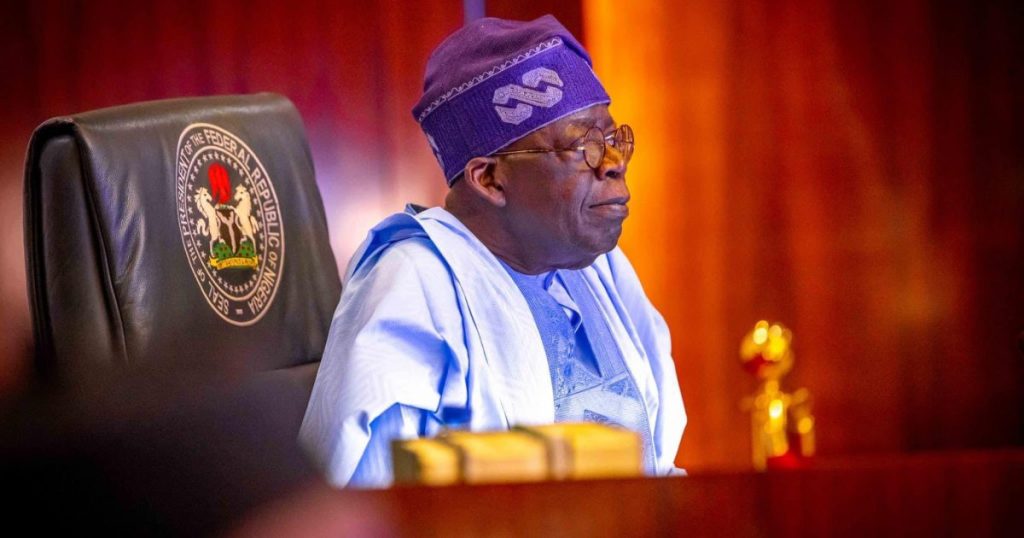On November 4, President Bola Tinubu is set to swear in seven new ministers into his cabinet, marking a significant development in the Nigerian government. The announcement was made by Mr. Bayo Onanuga, Tinubu’s Special Adviser on Information and Strategy, via his account on X (formerly Twitter). This formal ceremony will take place at the Council Chamber of the State House in Abuja. The addition of these ministers comes at a time when the Tinubu administration seeks to solidify its strategic positions on various fronts, particularly in humanitarian affairs, labor, foreign relations, and economic sectors.
The newly appointed ministers include a diverse group, each positioned to oversee critical areas of governance. Dr. Nentawe Yilwatda will assume the role of Minister of Humanitarian Affairs and Poverty Reduction, while Muhammadu Maigari Dingyadi takes on the responsibilities of Minister of Labour and Employment. Bianca Odinaka Odumegwu-Ojukwu has been appointed Minister of State for Foreign Affairs, a role that will place her at the forefront of Nigeria’s international relations efforts. Additionally, Dr. Jumoke Oduwole will serve as the Minister of Industry, Trade and Investment, signaling an emphasis on economic development and business strategies.
Moreover, Idi Mukhtar Maiha has been named Minister of Livestock Development, reflecting the government’s commitment to agriculture and food security. Yusuf Abdullahi Ata will serve as Minister of State for Housing and Urban Development, which addresses Nigeria’s pressing challenges in urbanization and infrastructure. Lastly, Dr. Suwaiba Said Ahmad will take on the role of Minister of State for Education, a position that underscores the administration’s focus on educational reform and development. The Senate approved these appointments after thorough screening, indicating a bipartisan effort to support the administration’s initiatives.
The swearing-in of the new ministers follows a significant cabinet reshuffle that took place on October 23, where Tinubu reassigned ten ministers to different portfolios and discharged five others. This reshuffle was part of a broader strategy to inject fresh perspectives and expertise into his cabinet, enabling the administration to respond effectively to Nigeria’s evolving challenges. The new appointments highlight Tinubu’s intention to balance experience and innovation in his governance approach, ensuring that each minister brings relevant skills to their designated roles.
The confirmation of the new ministers by the Senate within a week of their nomination illustrates a streamlined process in the government’s operations, fostering efficiency amid ongoing national concerns. This strategic move is aimed at quickly aligning new leadership with the administration’s vision for development and reform. Each of these ministers has the potential to bring valuable insights and drive initiatives that can lead to meaningful changes in their respective sectors, which is crucial for Nigeria’s progress.
As the new ministers prepare to take their oaths and official roles, the public and political observers will be closely watching their actions and policies. The success of Tinubu’s administration will likely be assessed based on how effectively these new appointments contribute to addressing key issues such as poverty alleviation, labor market improvements, foreign diplomacy, industrial growth, livestock development, urban planning, and educational reform. This cabinet composition sets a tone of optimism, suggesting a concerted effort to leverage each minister’s competencies toward achieving national objectives in the face of complex socio-economic landscapes.


